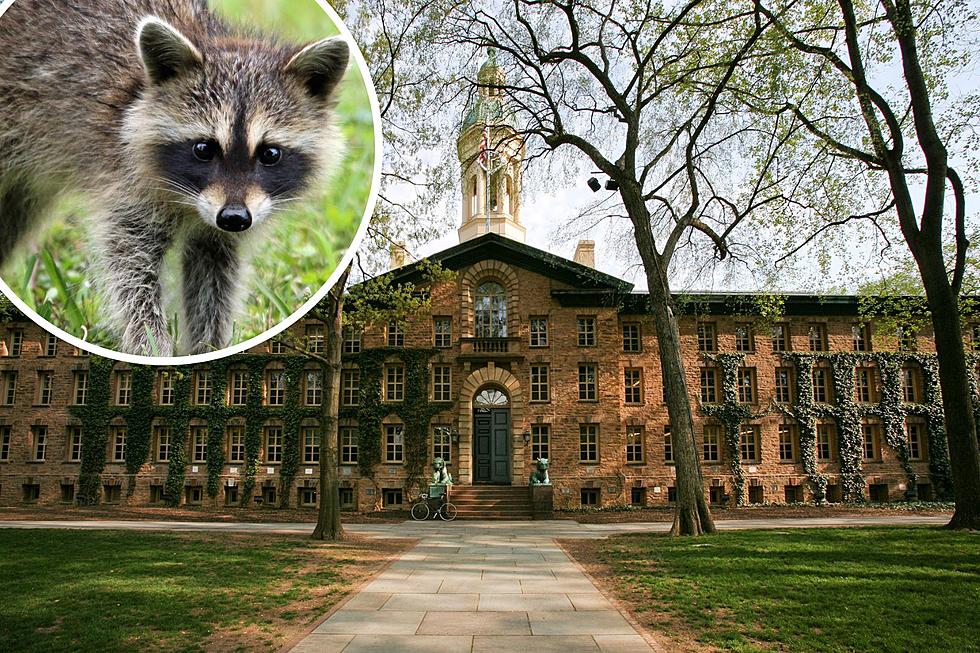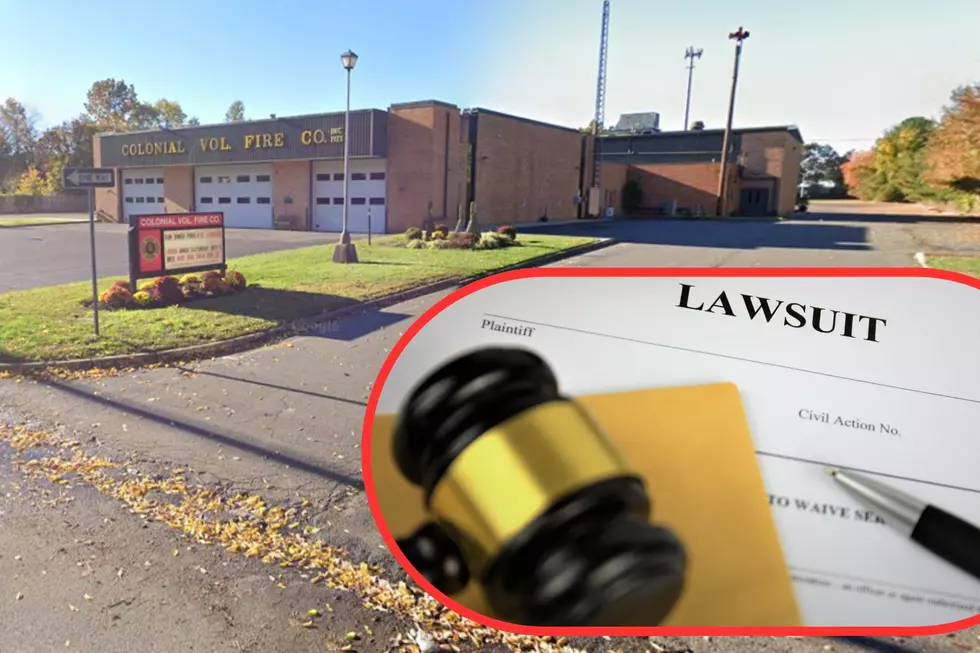
Raccoon rampage: Call police if you see one around Princeton, NJ
🔴A college student was bitten Monday night by a raccoon
🔴Several others were attacked in Princeton
🔴The raccoon has not been captured
PRINCETON — A Princeton University student and several residents were bitten by a raccoon Monday night and Tuesday morning.
A message from the town said an undergraduate was bit on campus near the Art Museum and Dillon Gym. The animal displayed behavior consistent with that of one infected with rabies like chirps, unprovoked aggressive behavior and no fear of humans. The student received post-exposure treatment for the bite.
A resident on Hibben Road several blocks west of campus was attacked by a raccoon sitting on a door mat around 6 a.m. Tuesday morning, according to the town. The raccoon behaved similarly as the raccoon on campus.
Princeton University in its alert said several other residents were bitten by the raccoon Monday.
The university urged anyone who has an encounter with a raccoon to leave the area and call police at 609-229-1000.
Rabies is caused by a virus that can infect all warm-blooded mammals, including humans. The rabies virus is found in the saliva of a rabid animal and is transmitted by bite, or possibly by contamination of an open cut. Raccoon and bat variants of rabies are prevalent in New Jersey but it can also be found in skunks, groundhogs, foxes and cats.
How to avoid rabies
The Middlesex County Health Department shared these guidelines to prevent rabies during an outbreak in 2018.
1. Immediately report a bite from a wild or domestic animal to your local health department. Wash animal bite wounds thoroughly with soap and water as soon as possible. Contamination of open cuts and scratches with saliva of potentially rabid animals should also be washed off immediately.
2. Consult a physician as soon as possible.
3. Immediately report any wild animals showing signs of unusual behavior:
• Moves slowly
• May act as if tame
• Appears sick
• Has problems swallowing
• Has an increase in saliva
• Has increased drooling
• Acts aggressive
• Has difficulty moving
• Has paralysis
• Bites at everything if excited
4. Be sure that all family pets are up to date on their rabies vaccination. If unsure, please call your veterinarian. Call your local health department for free rabies vaccination clinic availability.
5. Animal-proof your home and yard. Make sure all garbage containers have tight-fitting lids, do not leave pet food or water outside, do not allow rainwater to collect in outdoor containers or equipment and keep yard free of garbage and debris.
6. Do not feed or handle wild animals.
7. Avoid contact with stray animals or pets other than your own.
8. Try to prevent your pets from coming into contact with wild animals.
9. Screen off vents to attics and other areas that could provide shelter for bats.
Report a correction 👈 | 👉 Contact our newsroom
Christmas snow - When it's happened, and the 2023 odds for NJ
Gallery Credit: Mike Brant
Real life Sopranos spots to visit in NJ
Gallery Credit: Erin Vogt
More From New Jersey 101.5 FM









